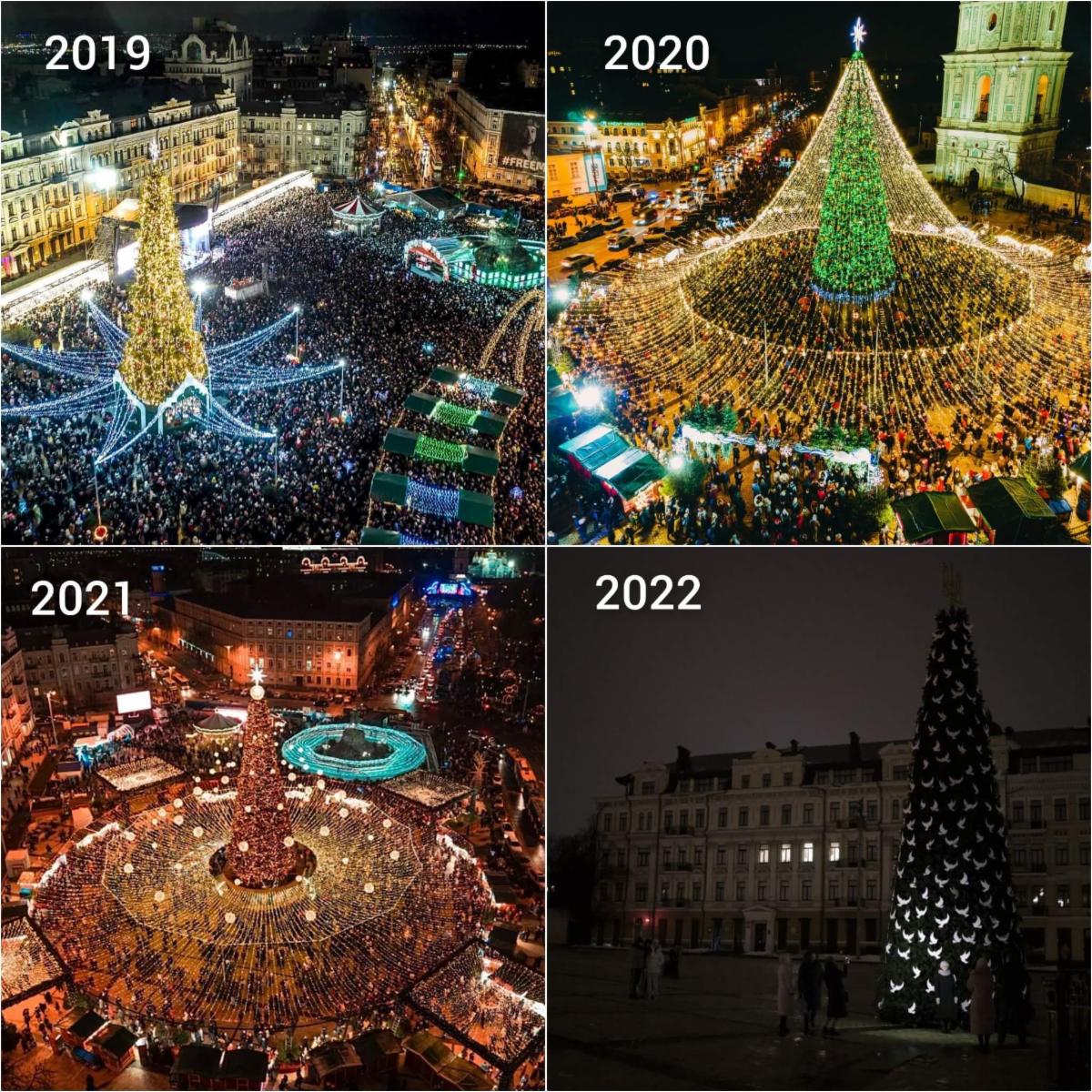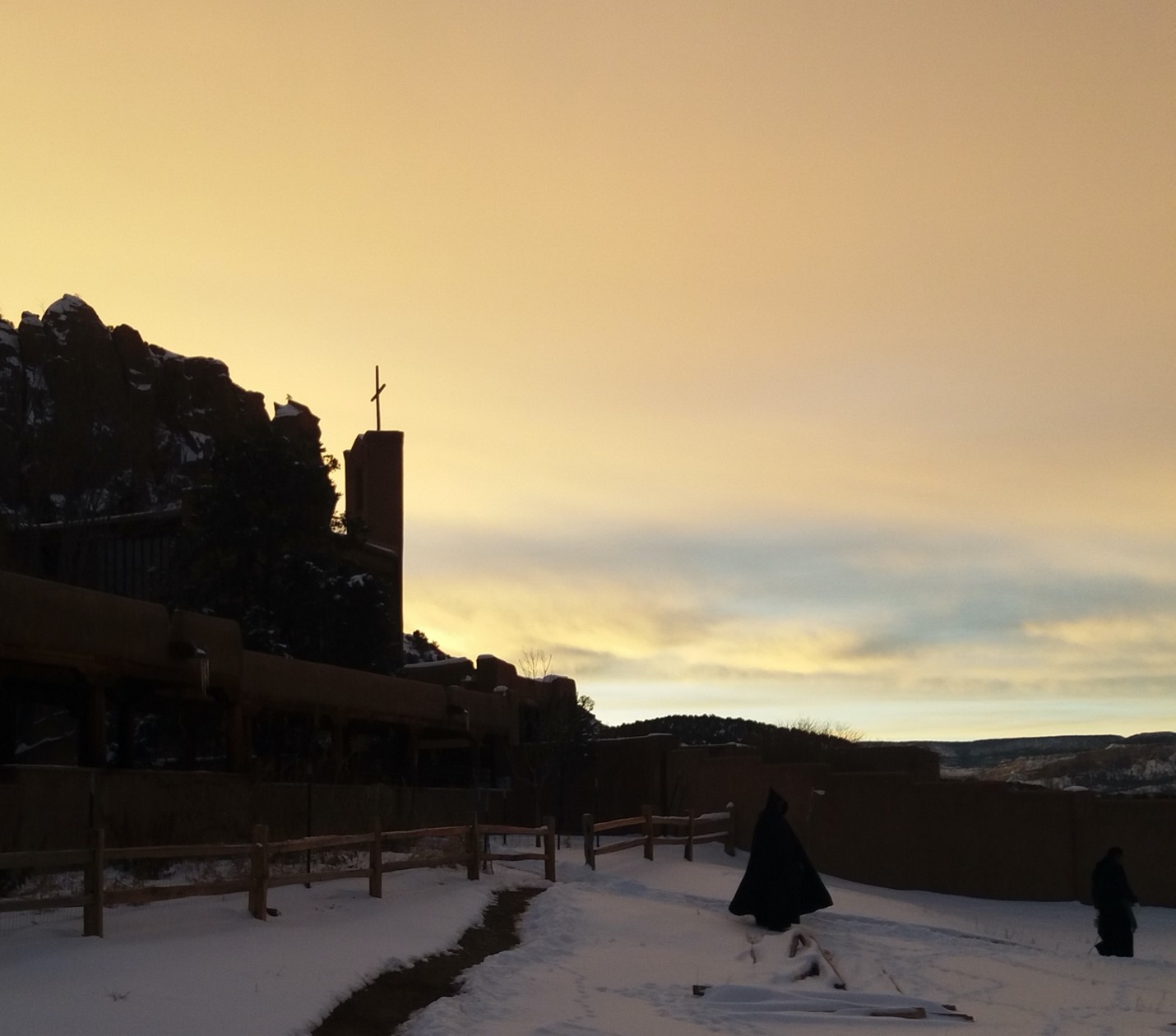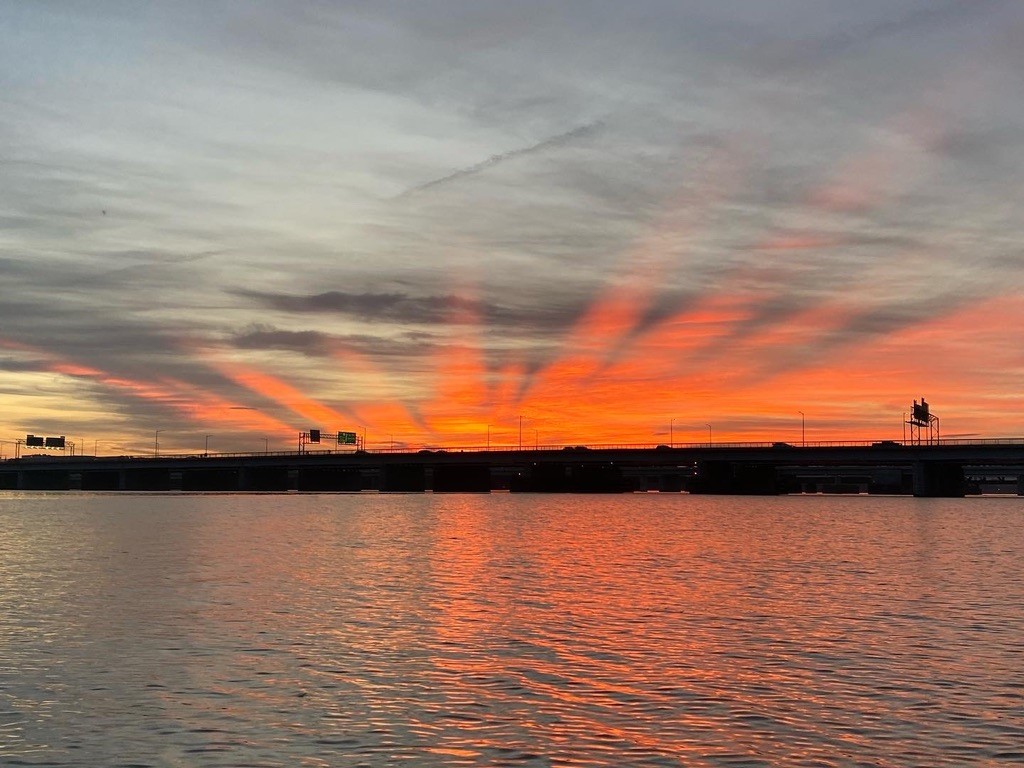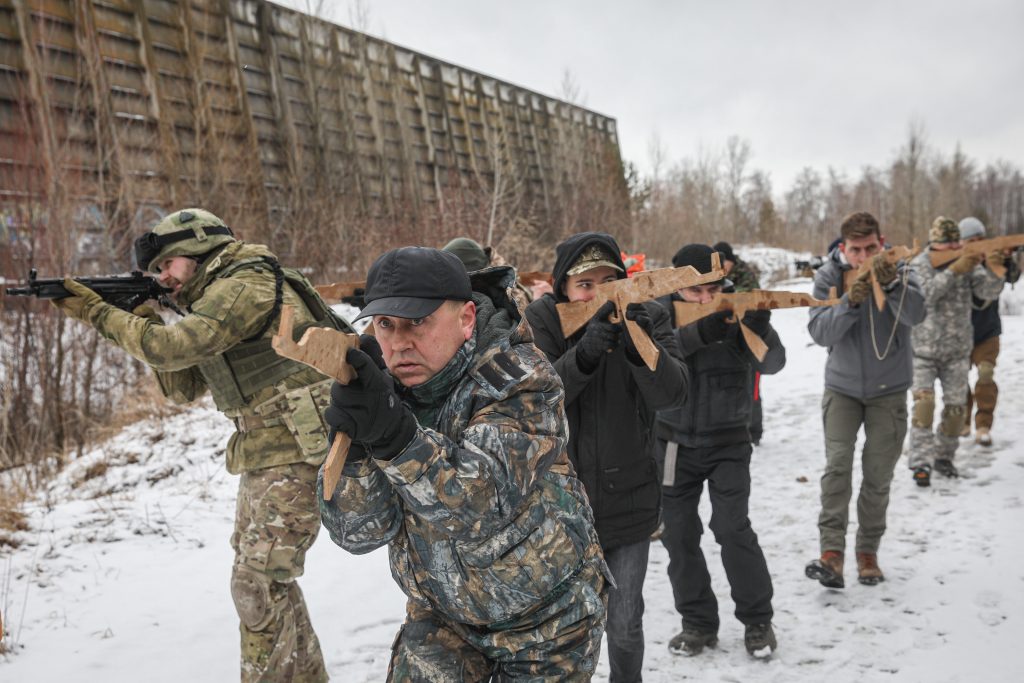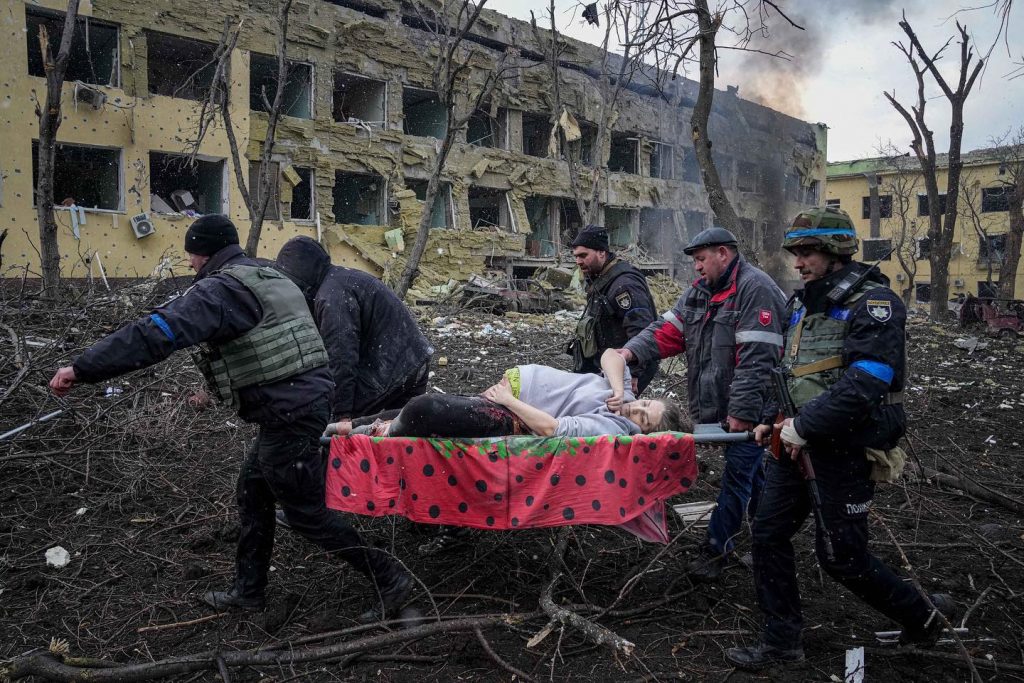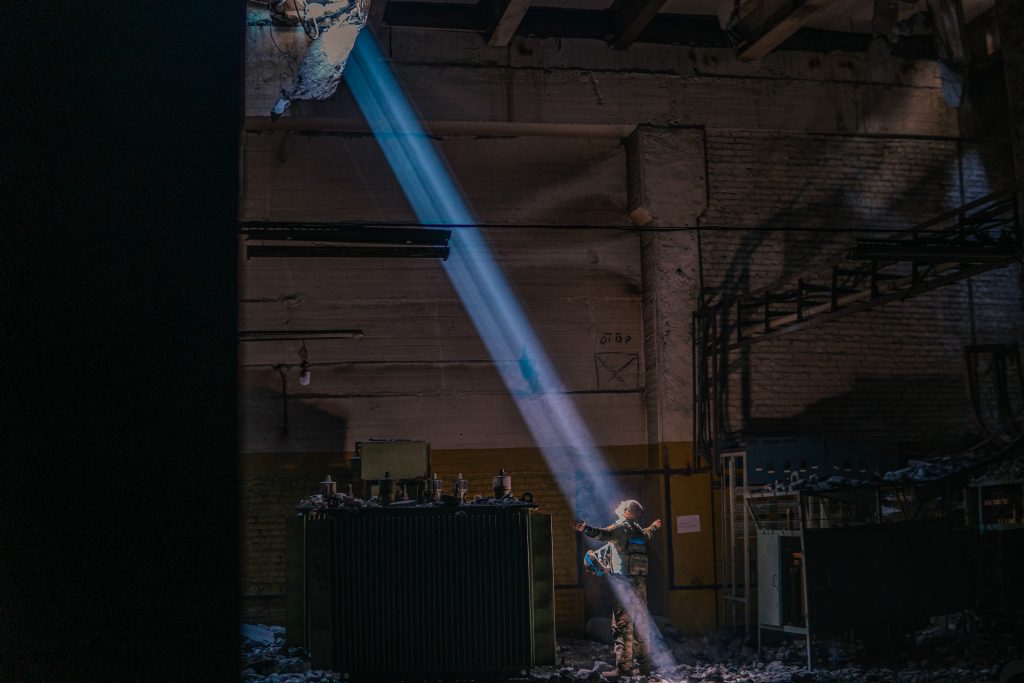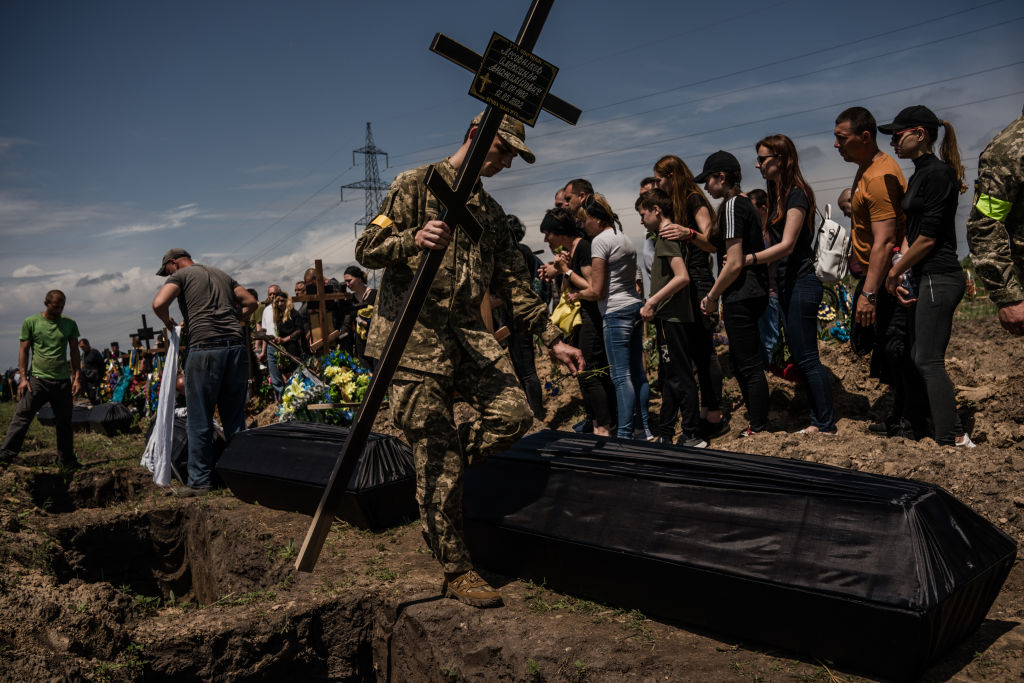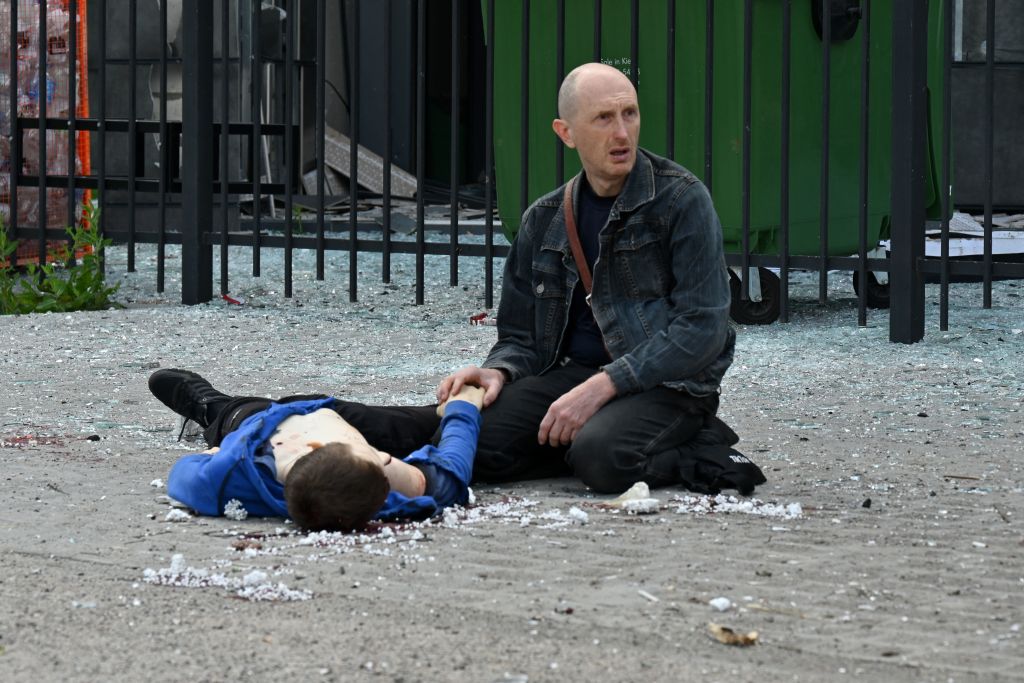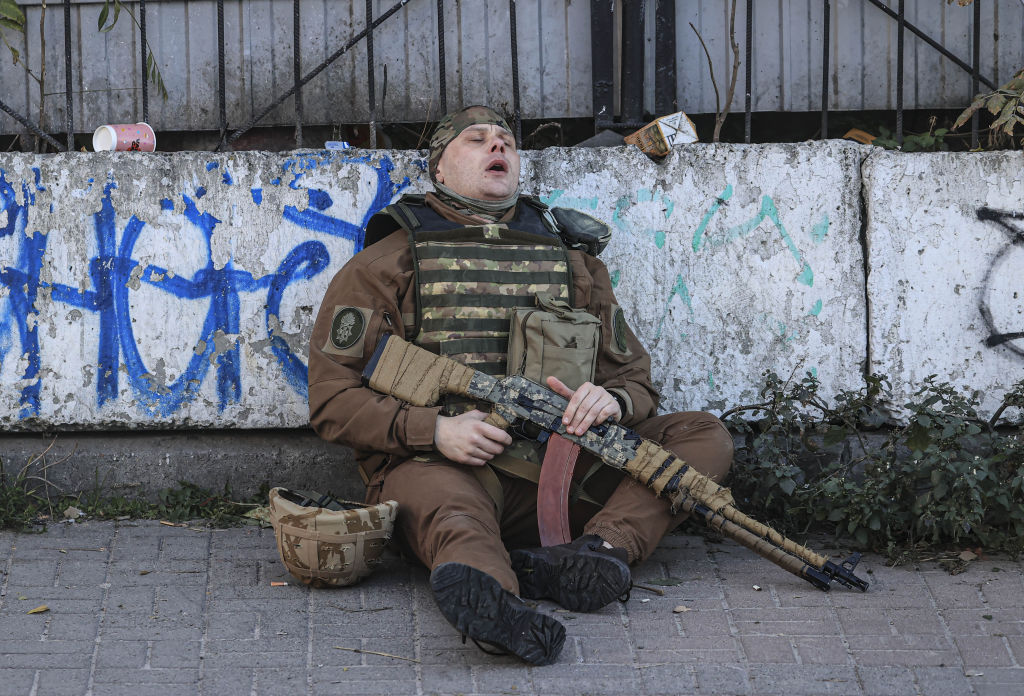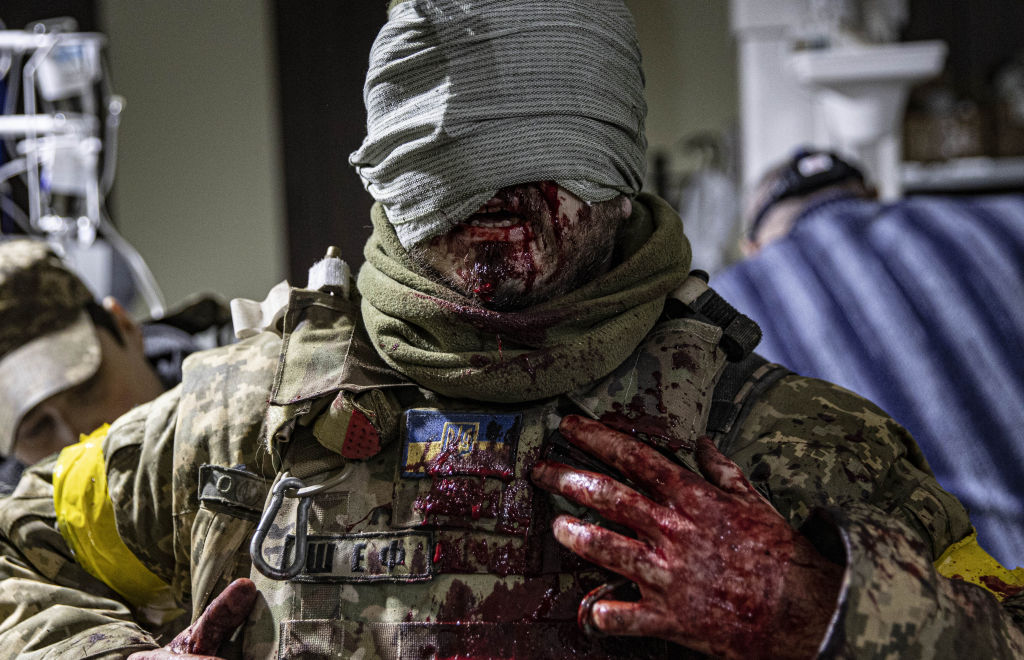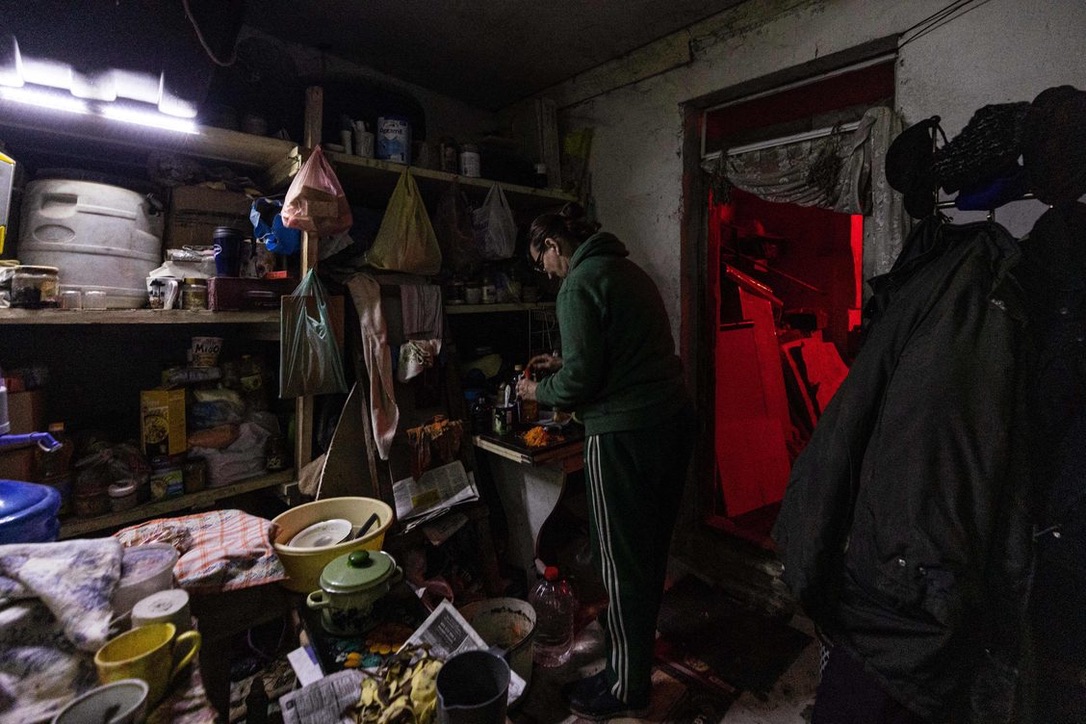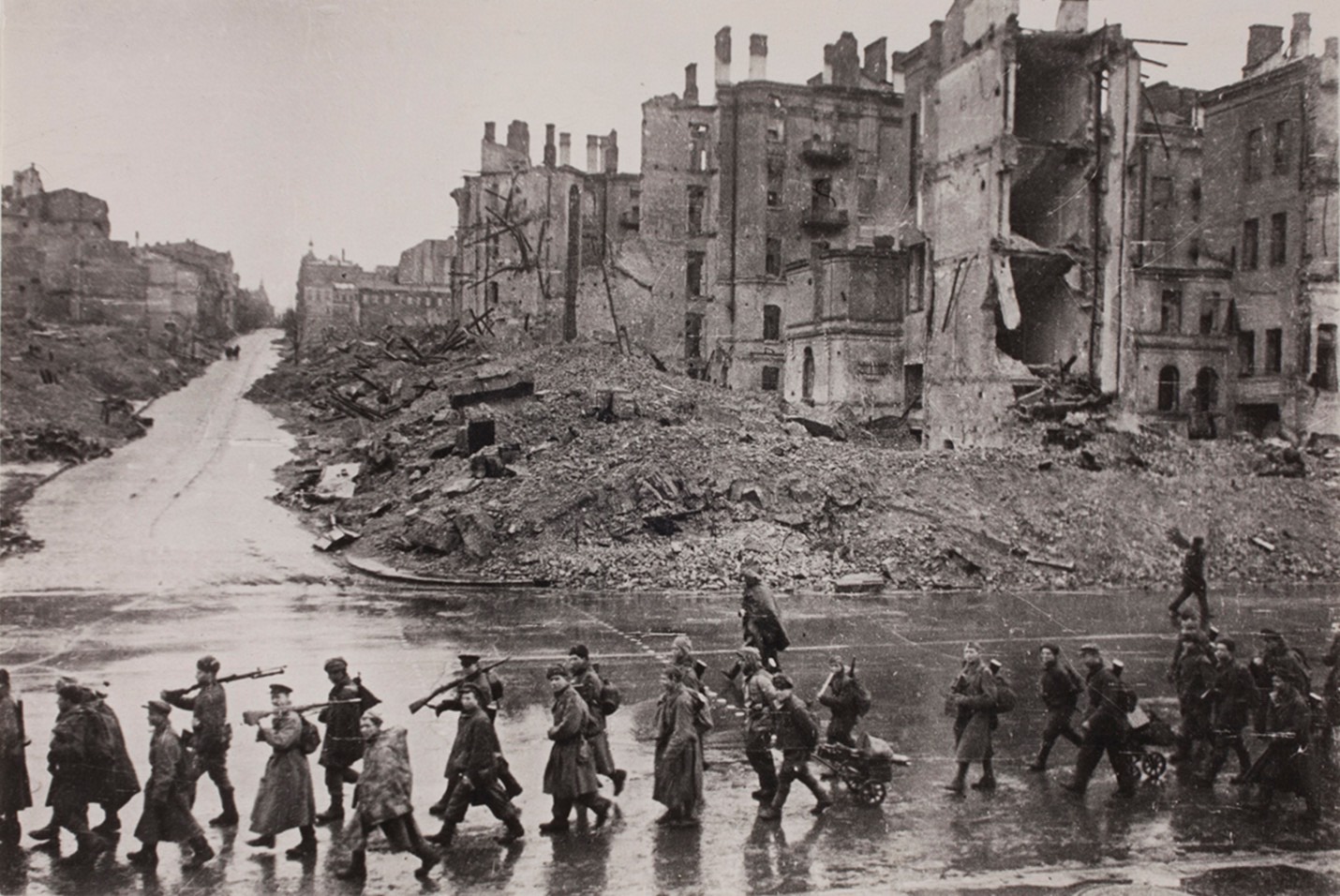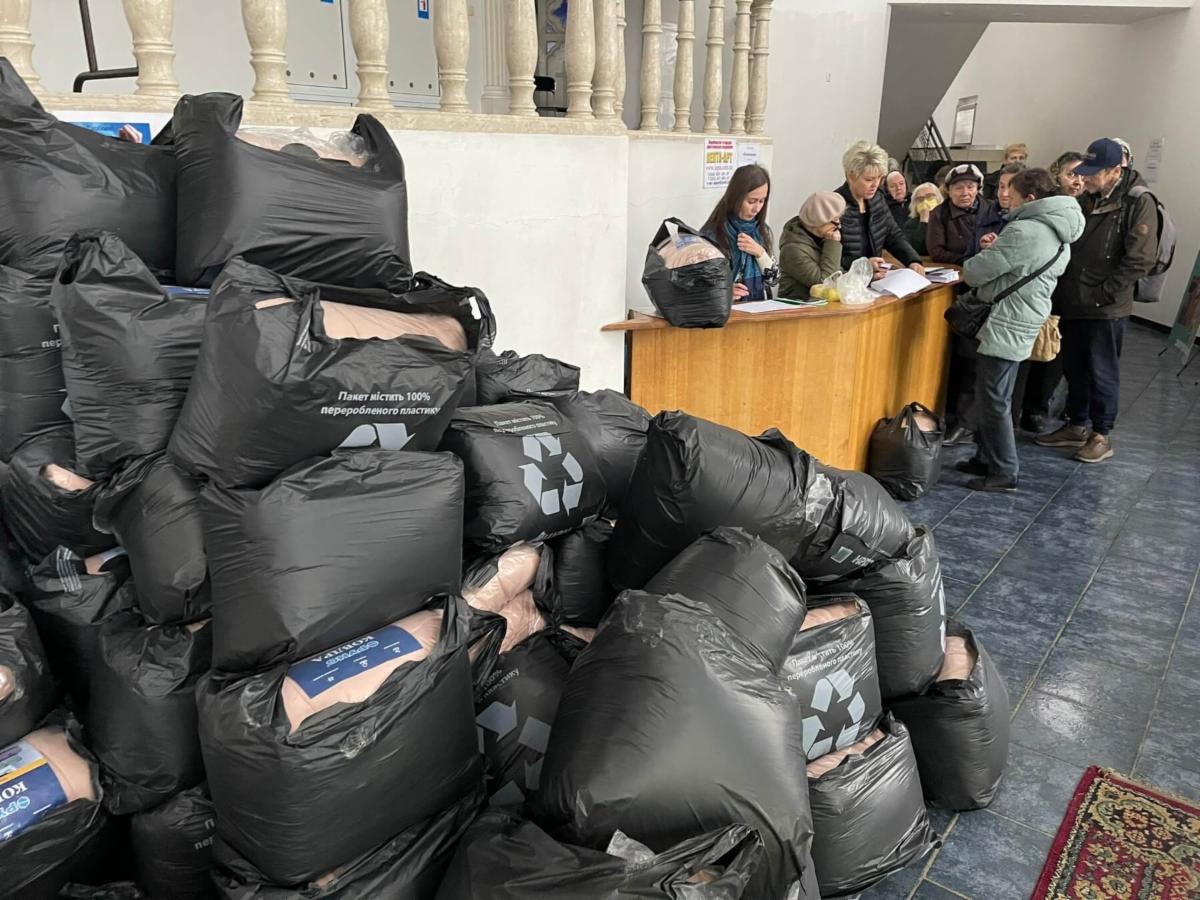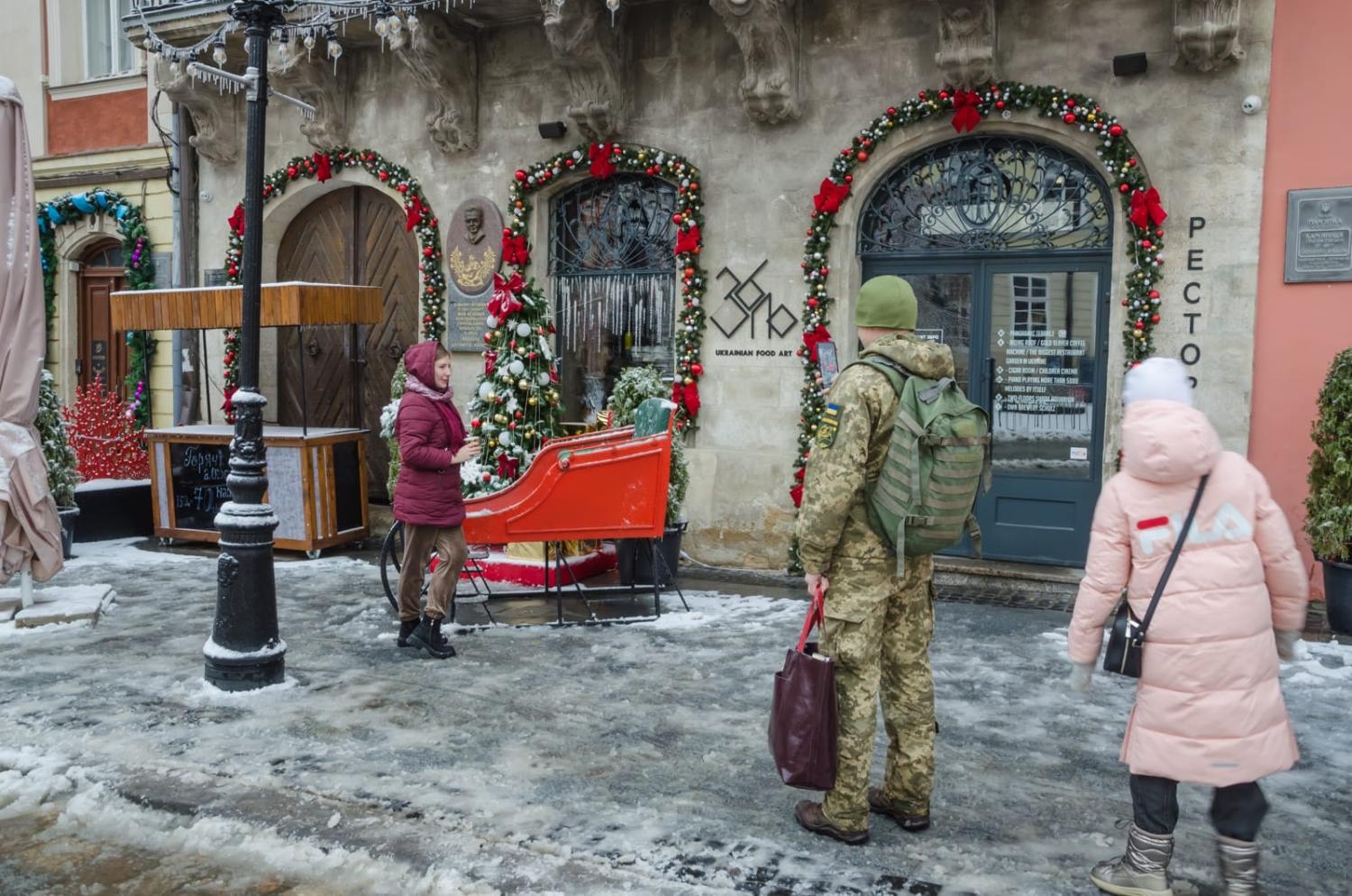What are the events to pay attention to going forward in 2023?
1. Economy: The global economic outlook for 2023 is uncertain due to the continuing effects of the COVID–19 pandemic. Depending on the speed of the recovery, inflationary pressures, and the effectiveness of monetary and fiscal policy, the economy could experience a slow recovery or a rapid rebound.
2. Possible Recession: It is difficult to predict whether or not a recession will occur in 2023. However, many economists are predicting that the global economy could be in for a slow recovery.
3. Domestic and International Uncertainties: In 2023, there will be a number of domestic and international uncertainties that will impact the global economy. These include the Brexit negotiations, US-China trade tensions, and the ongoing war in Ukraine. Additionally, the ongoing effects of the COVID-19 pandemic will likely have an effect on the global economy.
4. War in Ukraine: The war in Ukraine has been ongoing since 2014, and there is no end in sight. In 2023, the conflict is likely to continue, with both sides.
A Brief New Year Poem
The New Year‘s here and it‘s time to go,
New things to try and places to go,
The future‘s filled with so much hope,
Full of chances and a brand new scope.
A New Brand
What does Washington’s NFL football team’s new name, Commanders, suggest?
The nickname for a team called the Commanders suggests that the team is strong, organized, and in control of their destiny. It evokes the idea of a unified group working together to achieve a common goal.
The Source for this Commentary
What is the new AI site Playground and how can a person can test out its capabilities for their use?
Playground is an AI development environment that enables users to create, train, and deploy machine learning models. It provides an intuitive, interactive interface that enables users to easily explore and experiment with machine learning algorithms.
It includes a wide range of examples and tutorials to help users get started quickly. With Playground, users can quickly create, train, and deploy machine learning models without having to write code.
The platform also provides an integrated development environment (IDE) that enables users to easily code and debug their machine learning models. Additionally, users can leverage the platform to create custom datasets and evaluate models using statistical metrics.
Playground also offers a library of community-contributed models, so users can test out models from other users and get inspired.
The final words: These are is the only words of mine for this post. Playground did the rest in response to my requests. The examples are intended to show the site’s versatility and realism. Now you can go write your own blog or use to post a comment below.

